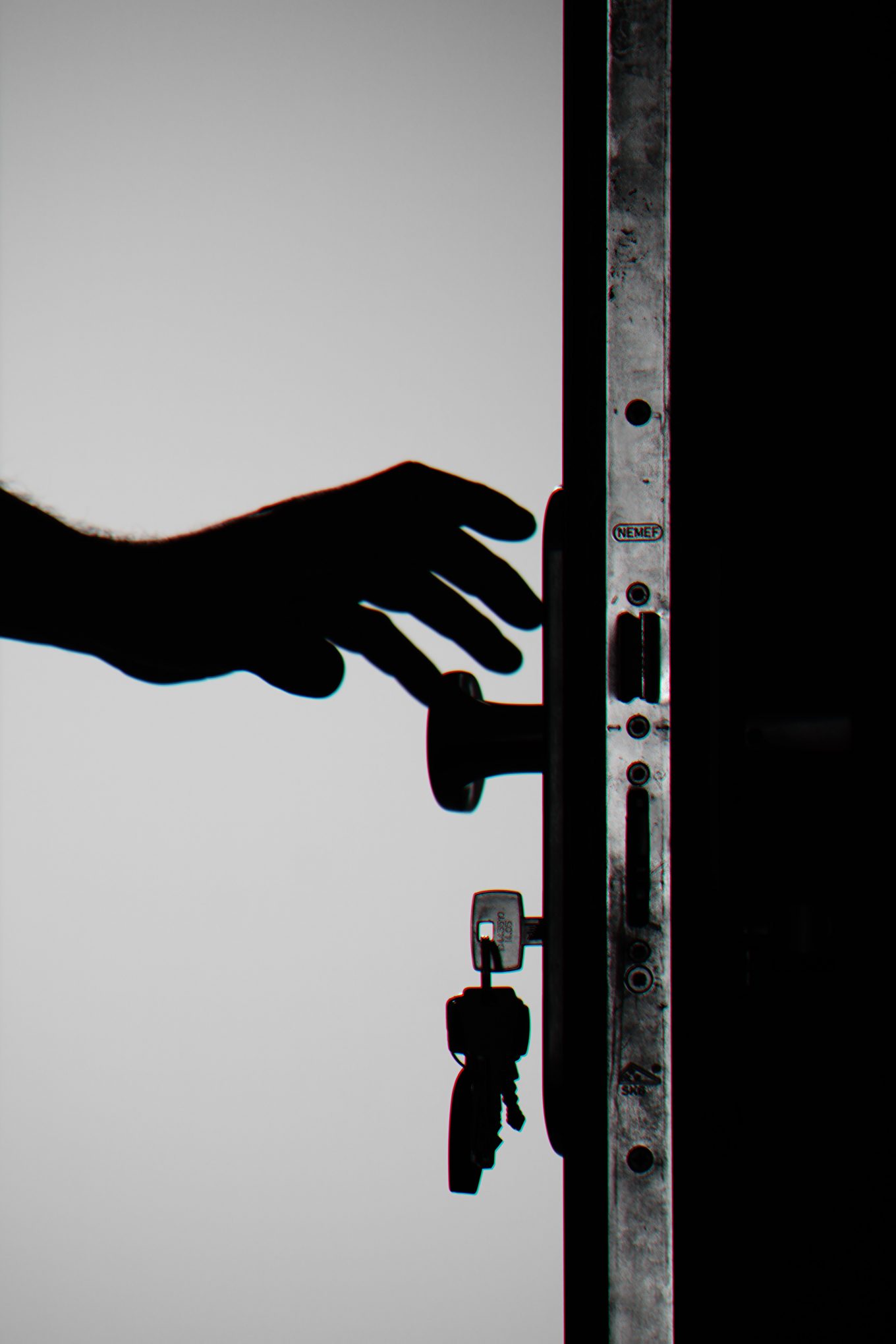Some of the worst leadership decisions take place simply because the wrong person made the decision.
As a leadership mentor told me years ago, “If you’re not clear who is supposed to make the decision, things will get very fuzzy, very fast.”
Several years ago the organization I was with had partnered with another organization to present a leadership conference.
The schedule was set to go all day Friday and all day Saturday. But noticing that there was nothing scheduled on Friday evening, a leader from our partnering organization said we should program a concert for that time-slot.
I disagreed.
And there we stood; not sure who was supposed to make this decision. Neither one of us out-ranked the other. How were we to navigate this; flip a coin?
Ultimately I deferred and allowed our partner to program a concert for that evening. It turned out to be a disaster. It was very poorly planned and executed.
But the real learning happened Monday morning. The disaster had absolutely no lasting impact on our partner. But I was digging myself out of this mess for weeks afterwards.
Because at the end of the day, the programming for the entire conference, including Friday evening, was my accountability. Not his.
In every decision, only one person holds what I call the decision key. And if you want to avoid these kind of leadership disasters, here is what you need to know about the power of the decision key…
1. Always be clear who holds the decision key
Whoever is ultimately responsible makes the call.
2. Remember that you can’t share the key
As I’ve written before, there are no “team decisions”. One person makes the call, because one person is responsible.
3. Never give away the key
Just because someone demands the key is no reason to give it up.
4. Know that while key-holders should be collaborative, they ultimately stand alone when making the call
At the end of the day, leadership is all about making decisions. But before you can make the call you need clarity on whose call it is to make.
So take a lesson from my experience.
Because when you know you hold the decision key, leadership doors start to open. And you can avoid those decision disasters.




One comment